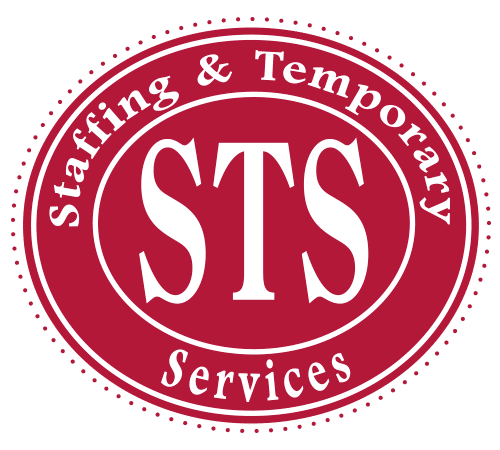According to StudyFinds, about a quarter of job seekers are also attempting to switch careers. A career adjustment may seem like a drastic move, but anything from boredom to a bad boss can prompt the drive for change.
Indeed identified five top reasons people change careers. These are: being unhappy in their current field, a need for more flexibility or better pay, a desire for greater professional challenges and opportunities for advancement.
If it’s time for you to change careers, consider these important steps to help you prepare for a job search in a new industry.
Steps to a Confident Career Change
Step 1
Understand why you want to change careers. The desire to change careers requires some self-reflection. First, you need to pinpoint what’s wrong with the job you’re in.
Why are you unhappy at work? What kind of work would be more satisfying? If you need greater professional challenges, what might those look like? If you’ve just decided you don’t like what you do anymore, what you would like better?
Knowing what you don’t like about your current job will help you identify what you expect from a new career.
Step 2
Identify your skills. Every potential employer will want to know what technical and transferable skills you possess. Workers often acquire technical skills, like knowing how to use a particular software or piece of equipment, through training. Transferable skills, on the other hand, are hard to teach. They characterize who you are as a worker and a person, like being a good communicator or someone who thinks quickly on their feet.
“While technical skills allow you to accomplish specific technical tasks,” says Coursera, “transferable skills are the skills that ensure you do your job well.”
Once you’ve identified your top skills, decide which are most adaptable to your future career. Study ads for the type of job you want to determine what skills potential employers value most.
Step 3
Determine what you need to do to make a career change. You may already know what career you want to step into. If not, LinkedIn’s Career Explorer offers some valuable career assessment tools to help uncover new career opportunities based on your transferable skills.
After researching job ads for your new career, are there any technical skills you need to acquire?
Becoming a nurse, for instance, requires education and training. For other careers, you may be able to learn the technical skills you’ll need for the role through online learning or on-the-job training.
Step 4
Research your new career. Study your target industry to find out everything you can about it.
“Before leaving your job, try to find ways to experience what your next position might feel like,” recommends Harvard Business Review. “Experiment with the industries or roles you are interested in. This might mean volunteering, job shadowing, or even conducting informational interviews with people who have careers you admire.”
Step 5
Expand your professional network. How different is your prospective career from your current job? If they are miles apart, you may need to focus on expanding your professional network. Some places to start include alumni organizations, professional organizations, social media, and job fairs. Reach out to the people in your current network and see if anyone has connections in your target industry.
Most importantly, take your time. You may be impatient for a change, but switching careers is not an impulsive decision. Indeed found that 83% of those surveyed planned their career change in advance and spent an average of 11 months thinking about the move, first.
Ready to Make Your Move?
When you’re ready for a career move, consider seeking assistance from professional recruiters who know the industry and its decision-makers. Contact STS Staffing to find out how we can help you reach your new career goals.

